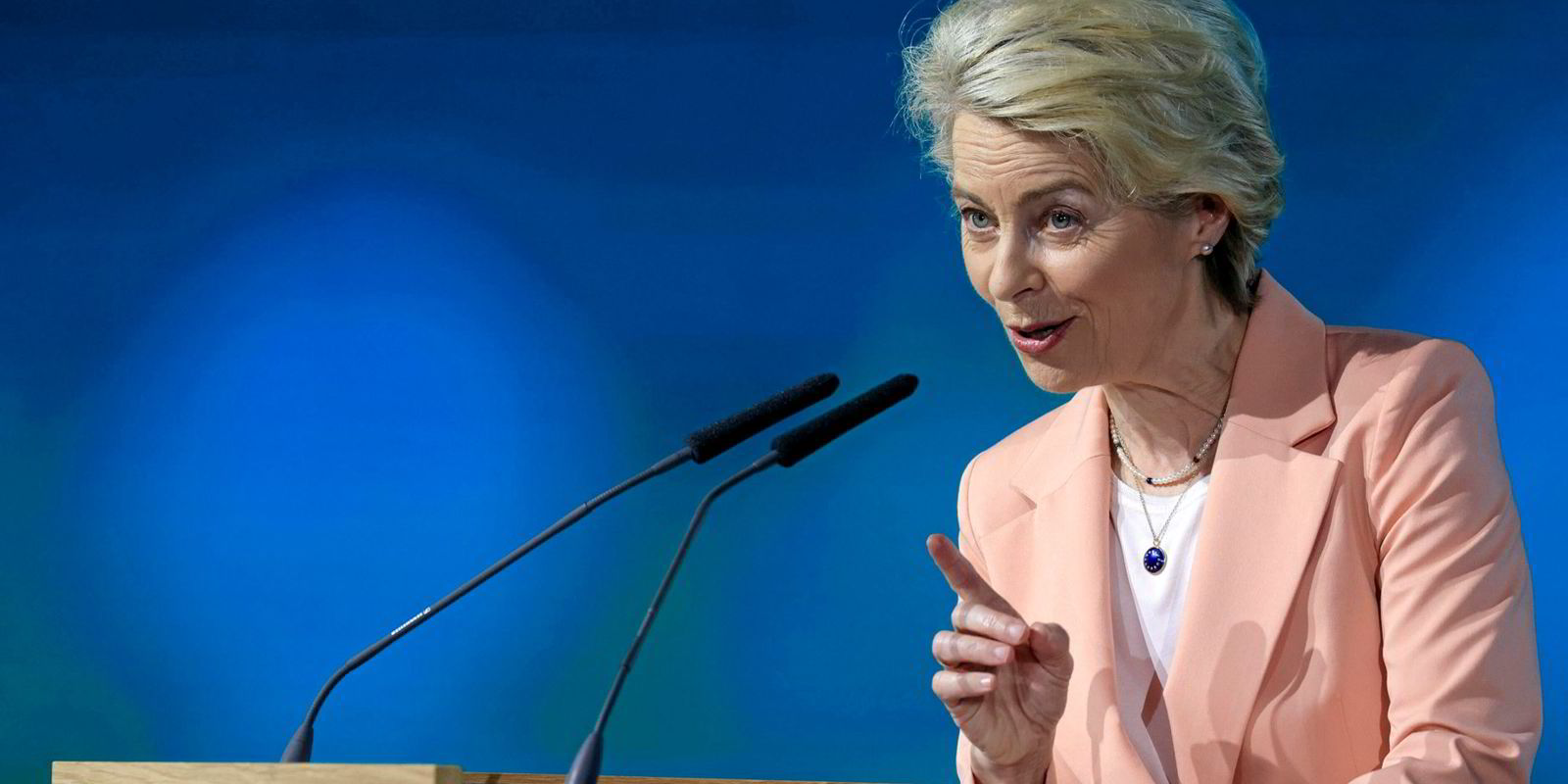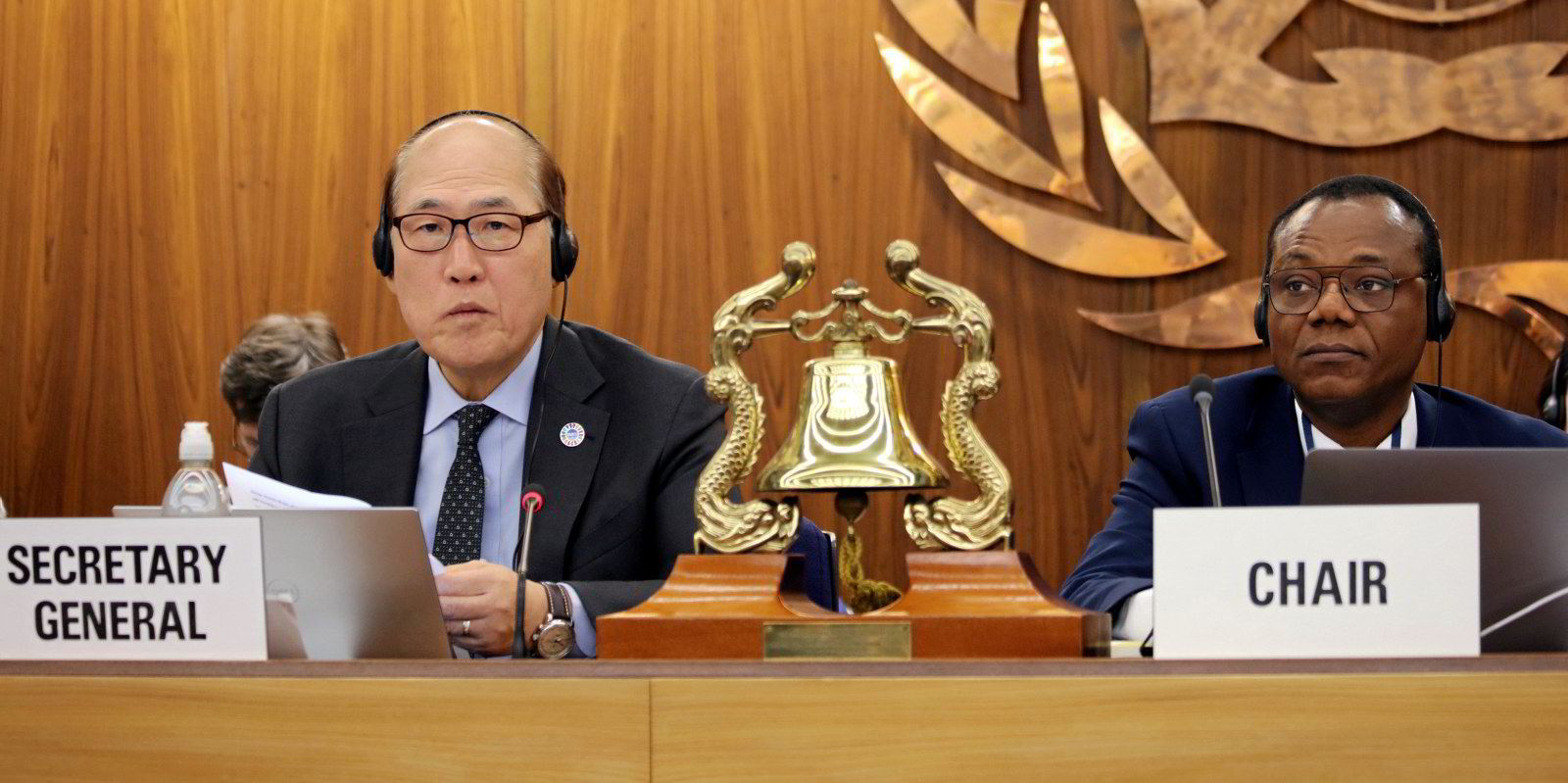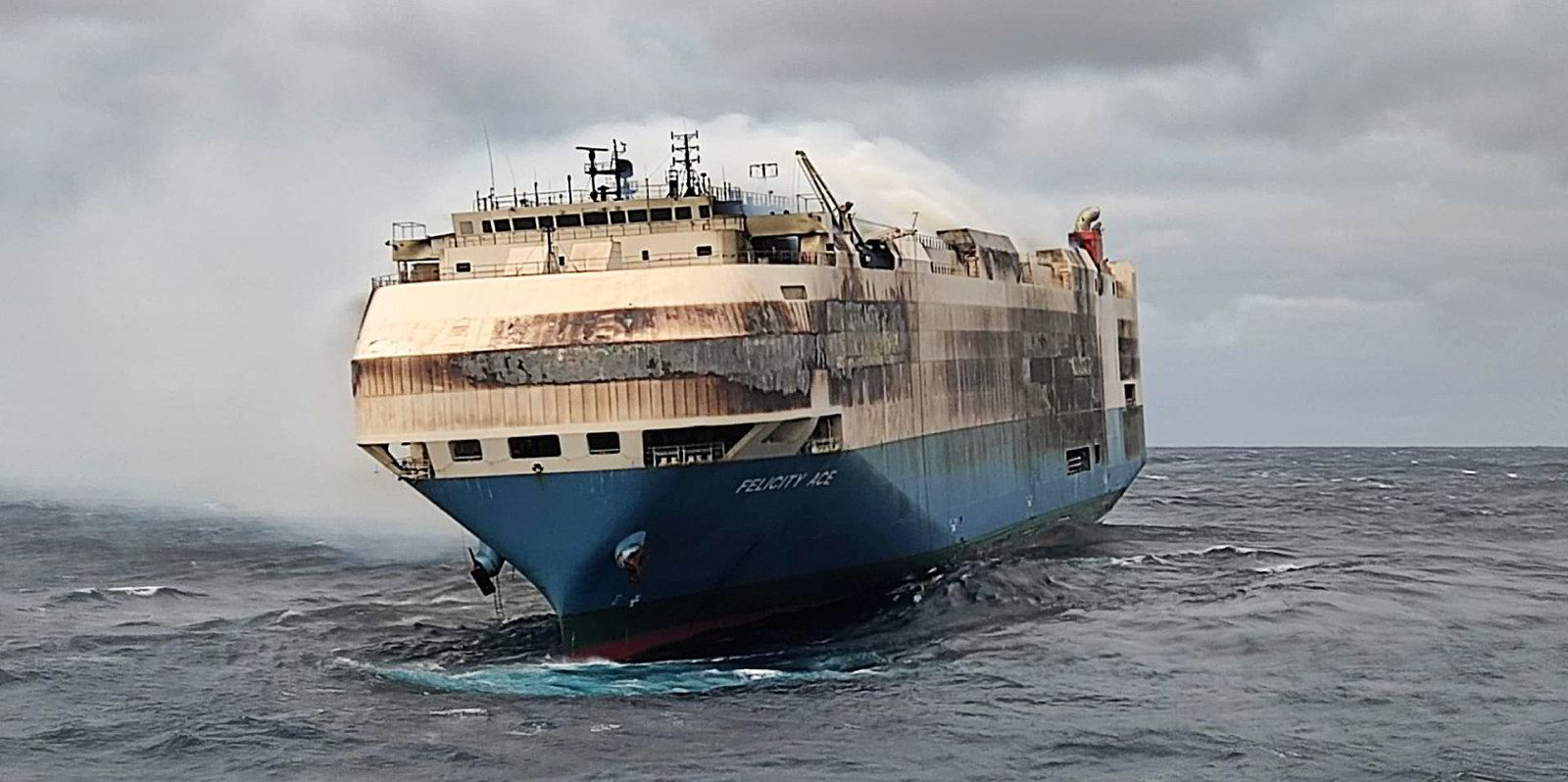The European Union is about to dust off its outdated legislation on maritime safety and pollution to bring it in line with new international standards in the digital era.
The European Commission, the body in charge of proposing and supervising compliance with the laws of the 27-member bloc, unveiled on Thursday five legislative initiatives to that effect.
Before taking effect, the proposals will have to go through the usual lengthy negotiation process with the European Parliament and EU governments.
According to a press release issued by the commission on Thursday, they are largely aimed to harmonise safety, PSC and pollution-related legislation with norms already set by the International Maritime Organization.
Their actual formulation will be closely watched.
Fleets managed out of the EU countries such as Greece or registered under EU flags like Malta and Cyprus make up a considerable part of the world’s commercial fleet.
Asked for an initial reaction, an official at the European Community Shipowners’ Associations — the shipowners’ lobby in Brussels — said it was too early to comment.
“We’ll have to study the details first,” the official said.
The legislation factory
In one initiativs, the EC sets out to overhaul a 2009 directive on compliance with flag state requirements “to take account of changes in both the international regulatory environment and technology”.
More specifically, the parts of the IMO’s Instruments Implementation Code that are relevant to flag states will be incorporated into EU law.
The updated EU directive will also provide “for more enhanced monitoring” of recognised organisations — the private companies tasked with technical ship surveys.
And even if they rely on these companies, flag states will be required to retain core technical staff in order to be able to carry out ship checks themselves whenever they have to.
The EU also wants to streamline the digitalisation of flag state inspection reports — a feature flaunted by an increasing number of flags vying for customers.
A second EU directive facing overhaul governs PSC. The object is again to align EU law with latest developments at the IMO and the Paris MOU on Port State Control, including conventions on ballast water management and wreck removals.
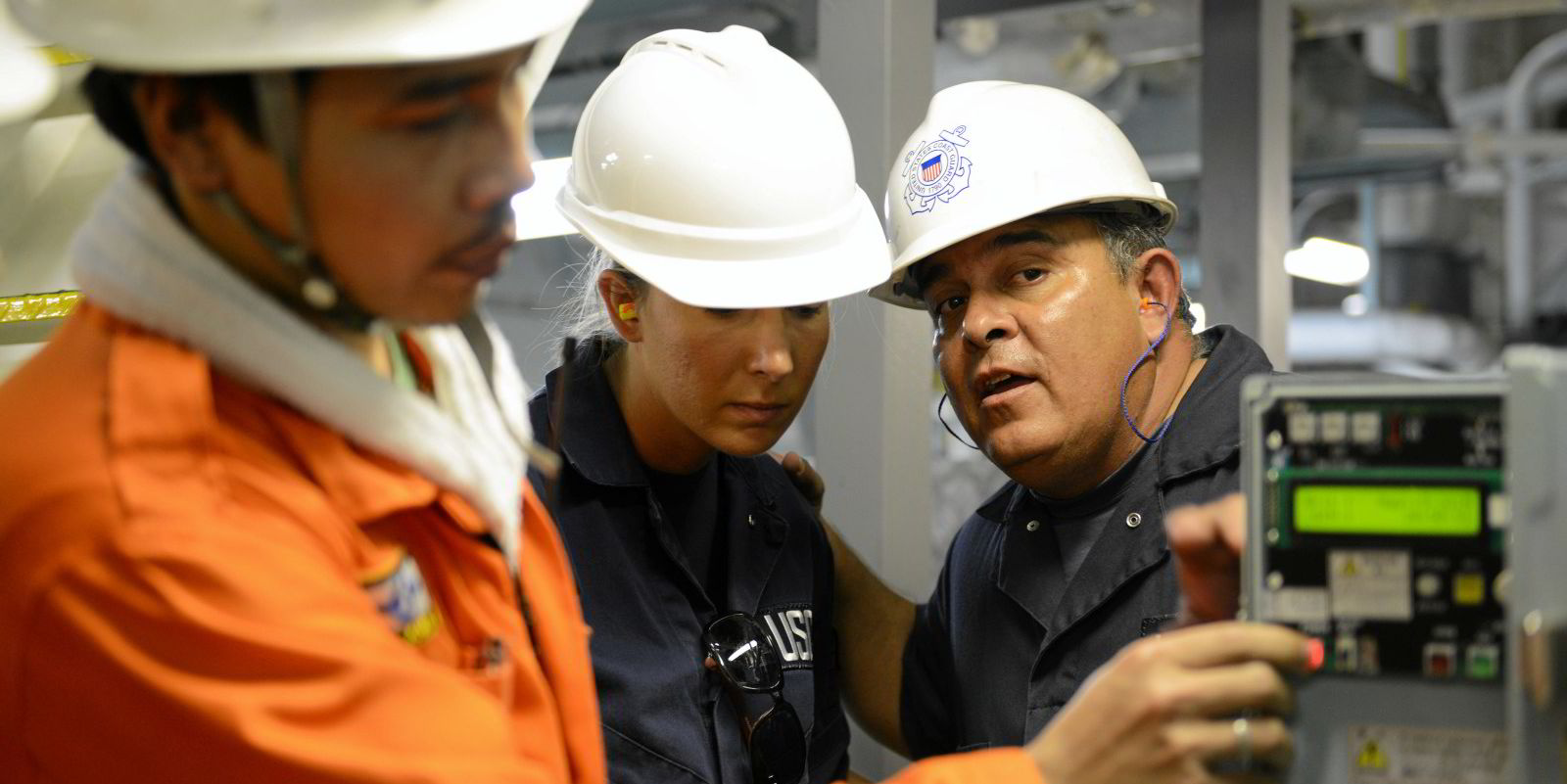
The new legislation will reaffirm member states’ obligation to have a quality management system for their PSC administrations.
Furthermore, it will “encourage the update and use of electronic ship certificates by providing for a central repository and [a] common validation tool to allow for better-prepared and more targeted inspections”.
In another measure, the EU wants to give member states the option to inspect larger, foreign-flagged fishing vessels — defined as those longer than 24 metres.
The EU wants to tighten the screws on fishing boats in maritime accident investigations as well.
National investigation bodies will be tasked to probe accidents involving fishing vessels shorter than 15 metres.
“These accidents are the most serious, involving death of a crew member or the loss of a vessel,” the EU officials said in an explanatory document.
The EU-wide framework on maritime investigations faces change in other aspects as well.
Member states are to be provided “with more clarity” on the circumstances in which they should examine incidents.
That will include guidelines on latest technologies and new types of accidents not covered so far — such as those befalling port workers on board vessels in port.
The European Maritime Safety Agency will obtain a wider mandate to be able to provide “greater operational support” to national maritime authorities that wish to consult it.
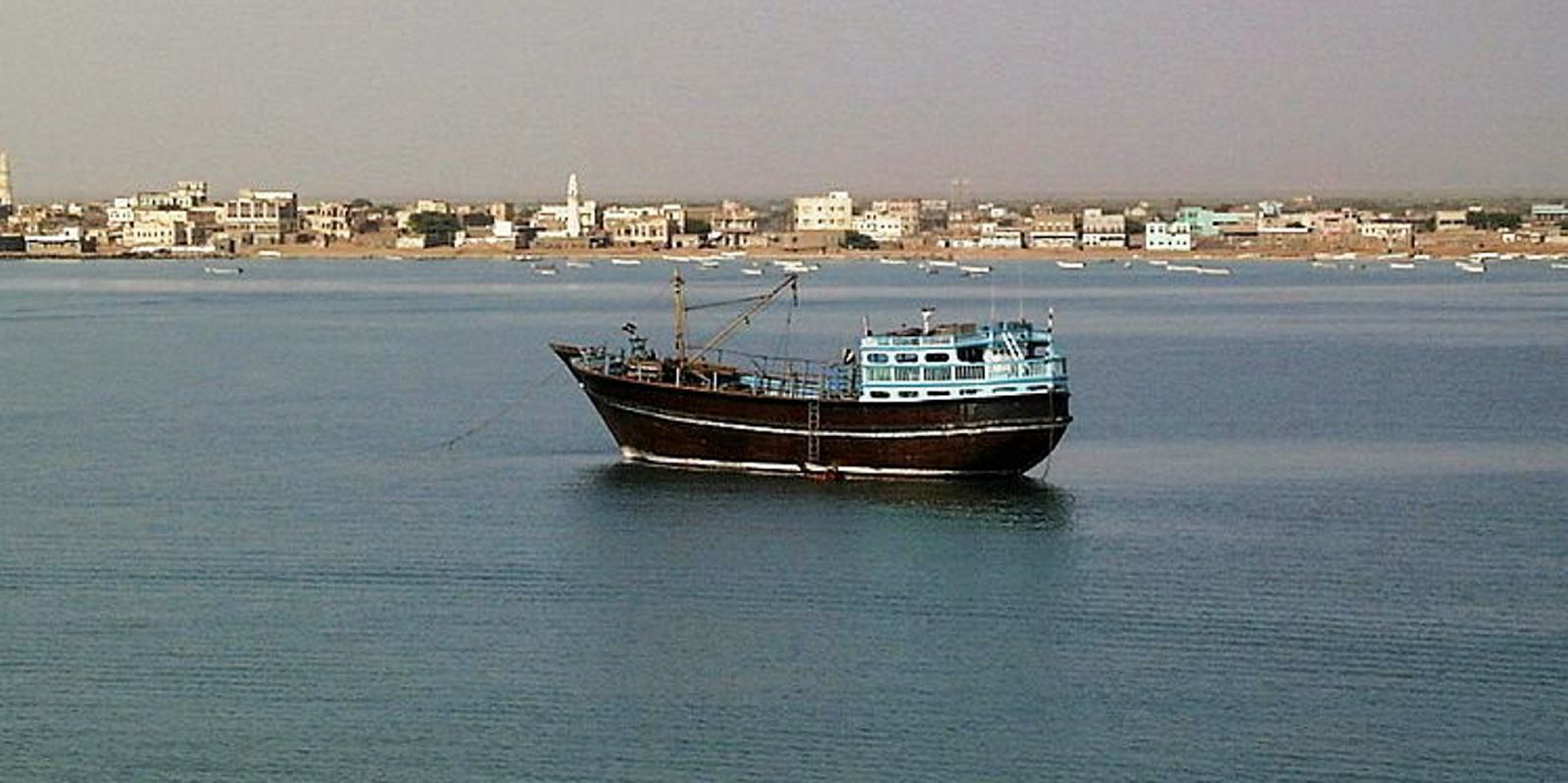
The agency’s remit will not apply just to accident investigation but also to decarbonisation, cybersecurity, surveillance and crisis management.
Last, but not least, the EU will update its 2005 directive on ship-source pollution.
The object will be to “significantly extend” the latter's scope to harmful substances in packaged form, sewage, garbage and discharge water and residues from scrubbers.
The proposal will also clarify the liability regime applicable under Marpol and introduce new measures on administrative penalties.
However, this will have no bearing on a separate Environmental Crime Directive that is currently under discussion at EU level and which will regulate criminal penalties for ship-source pollution offences.
